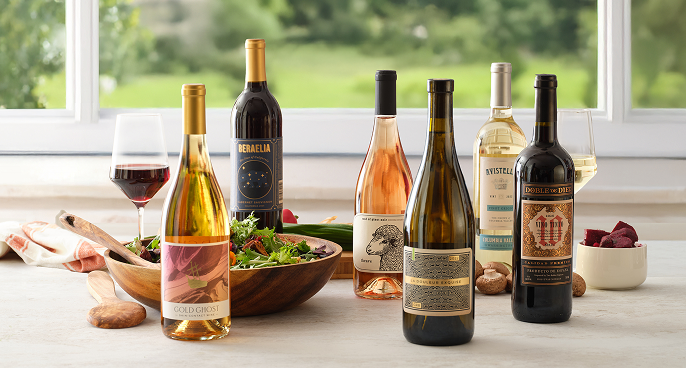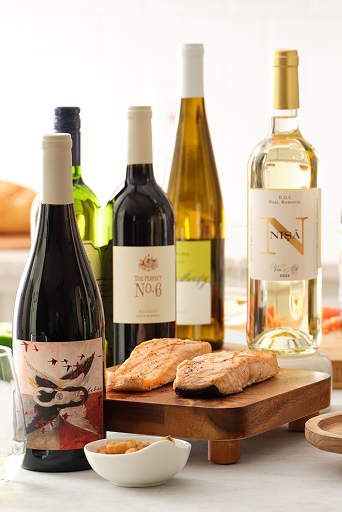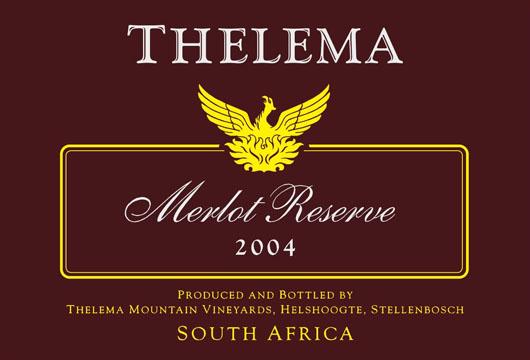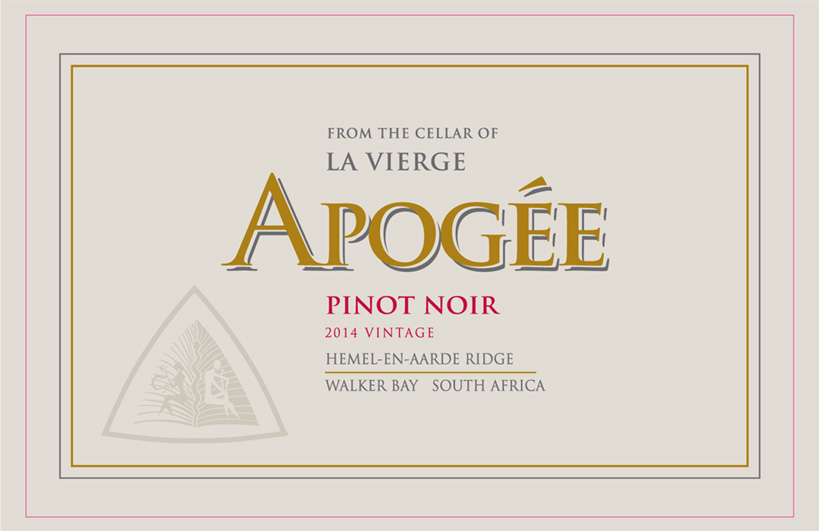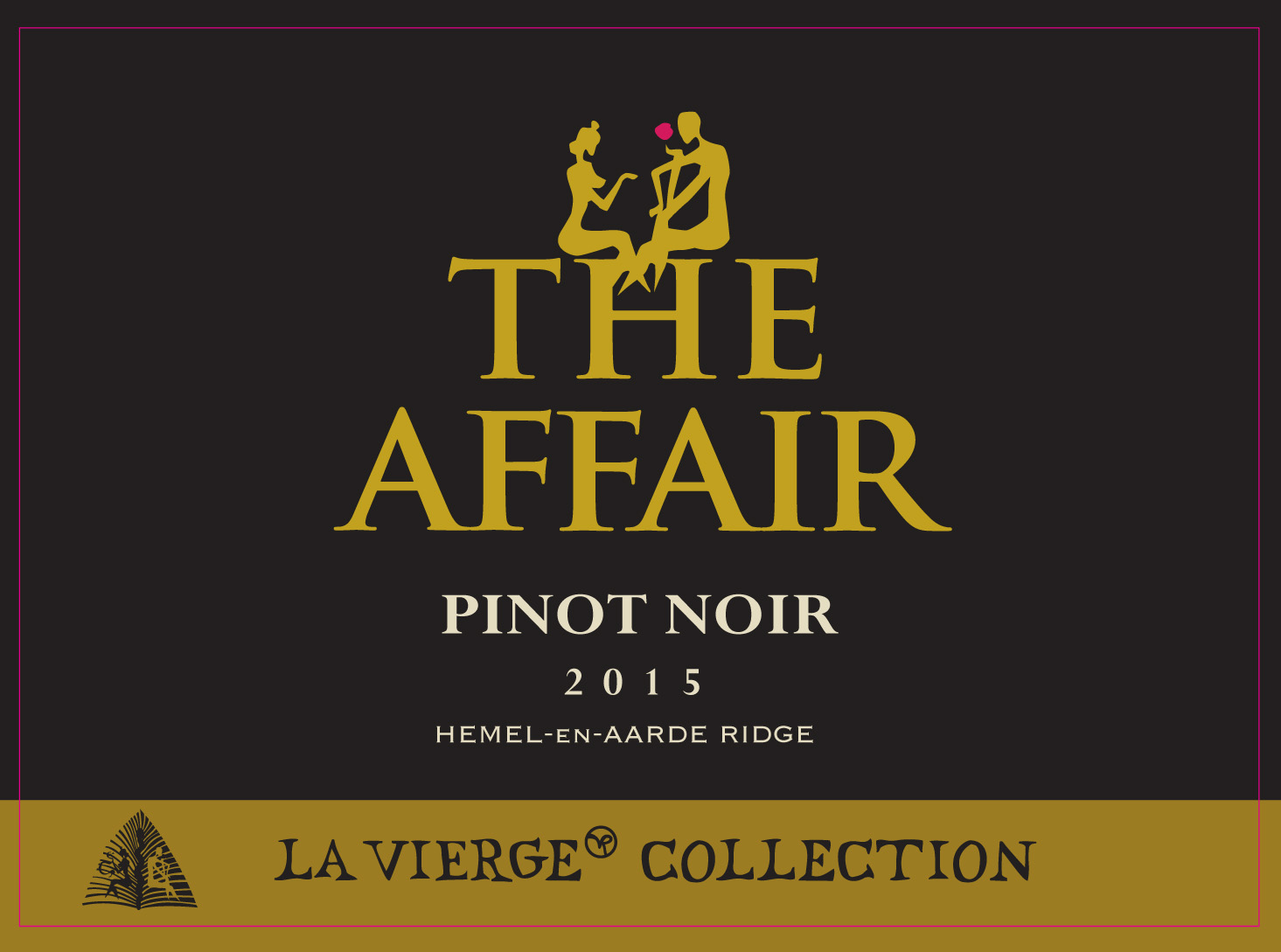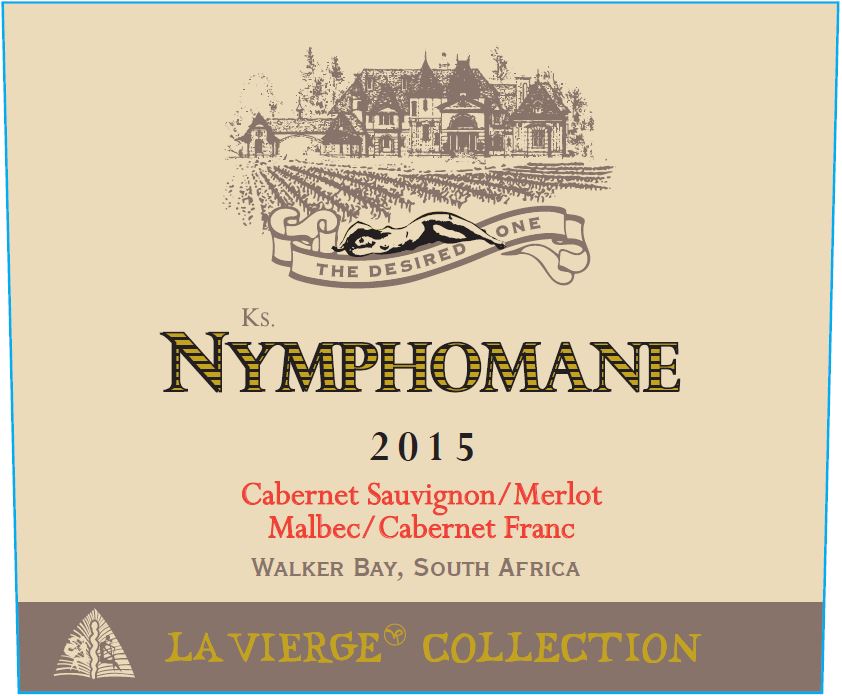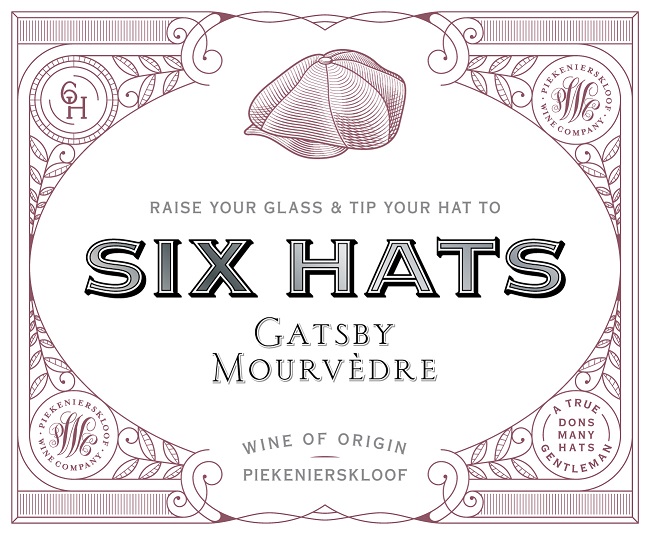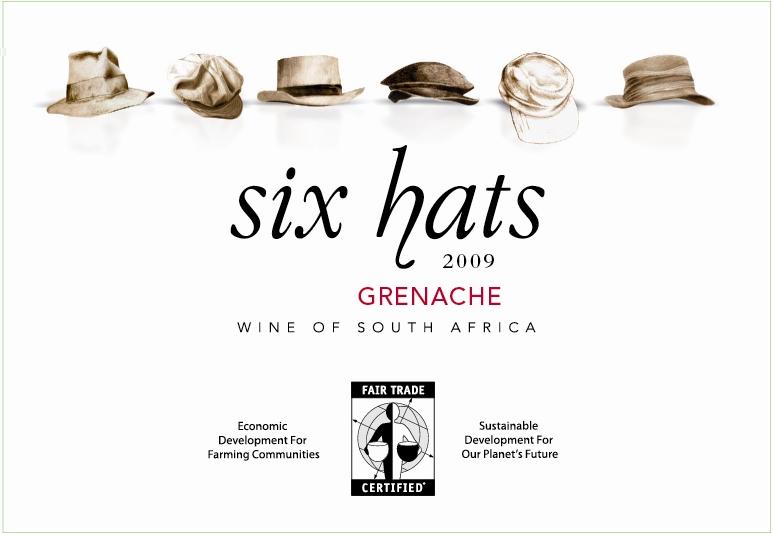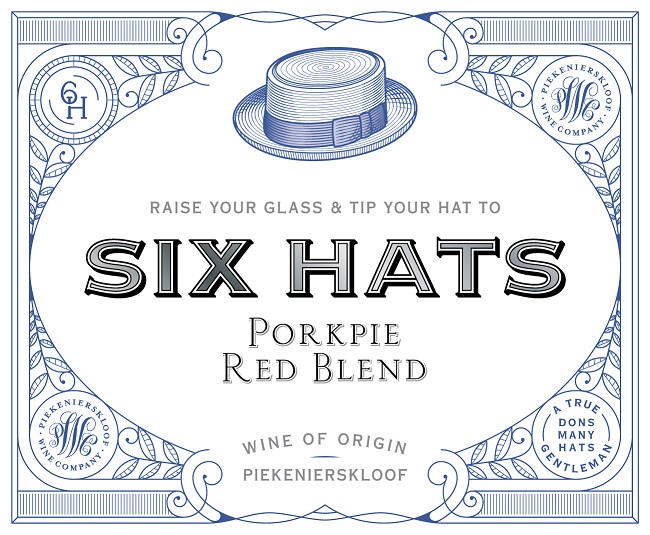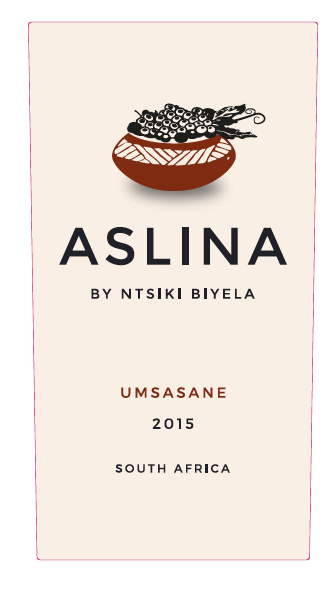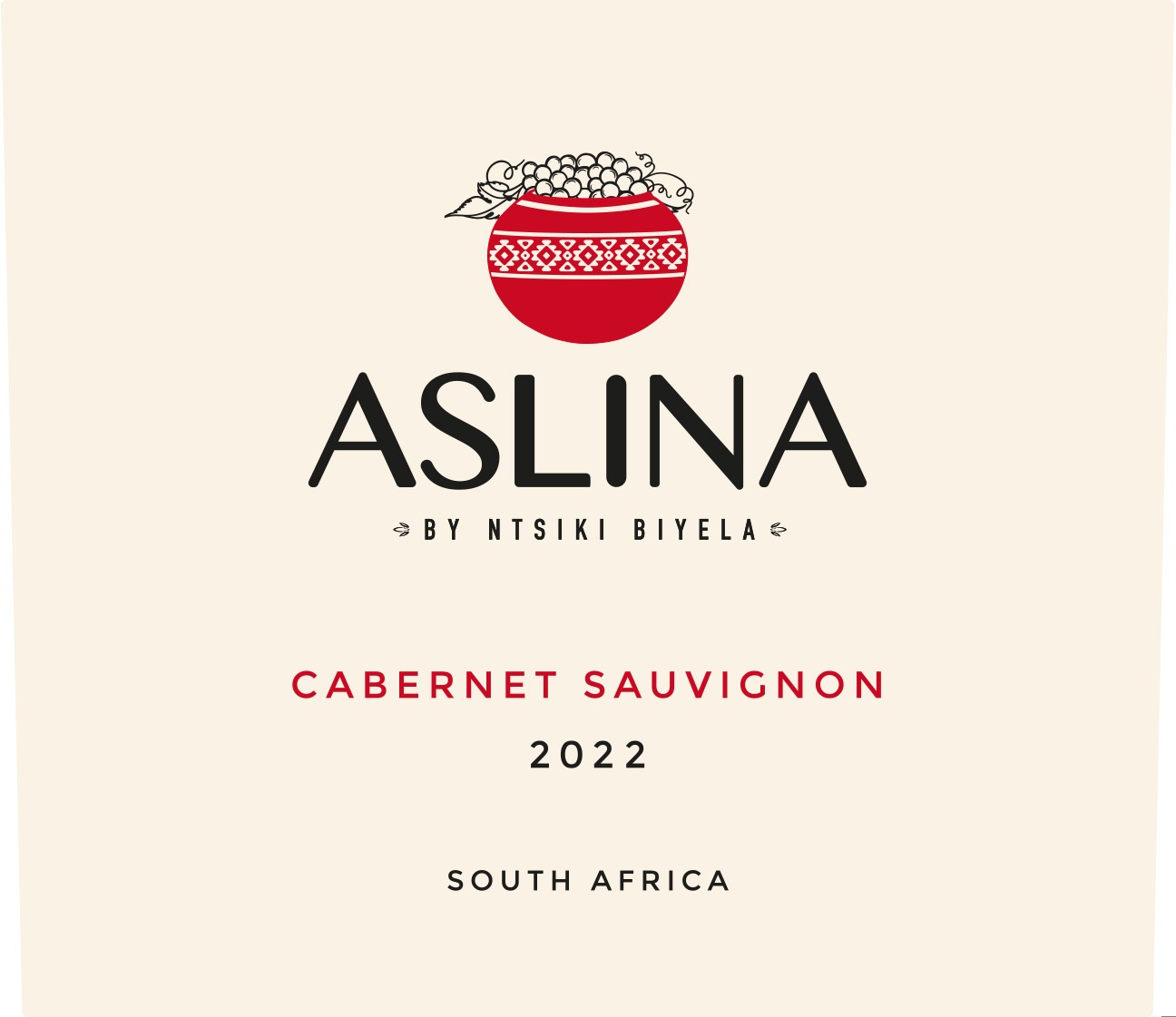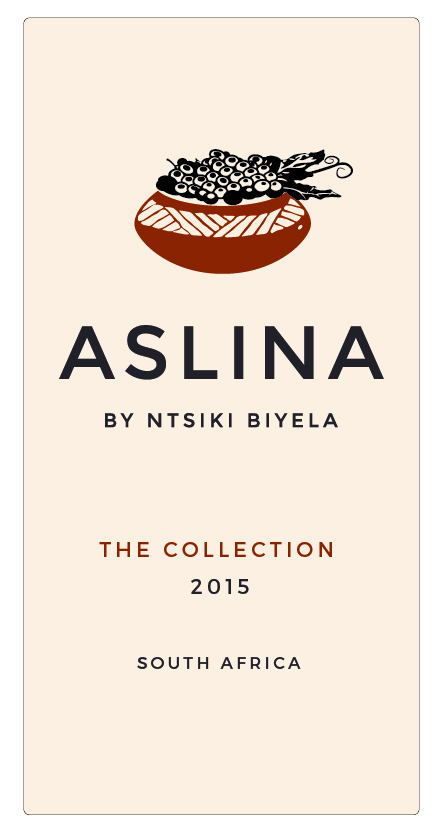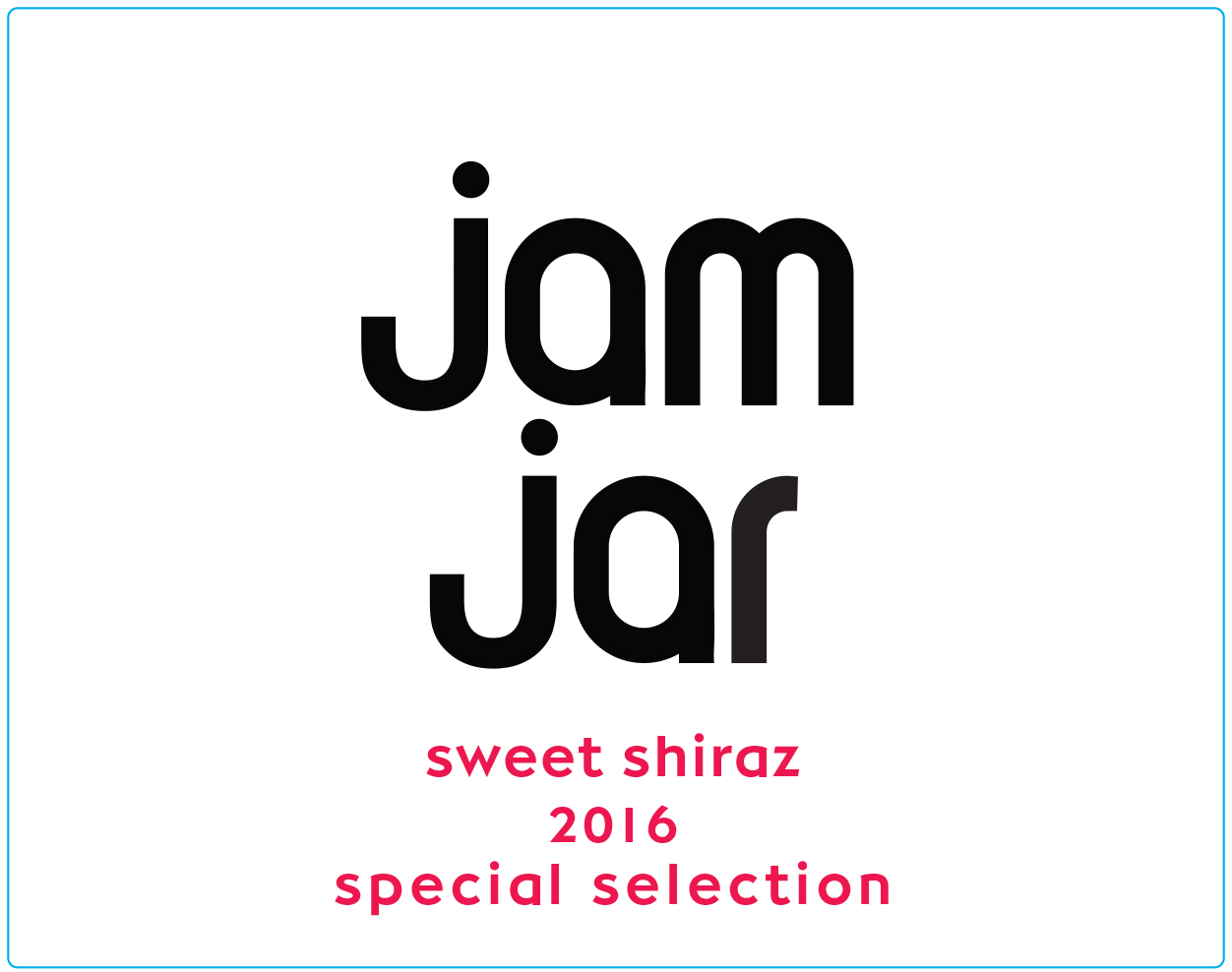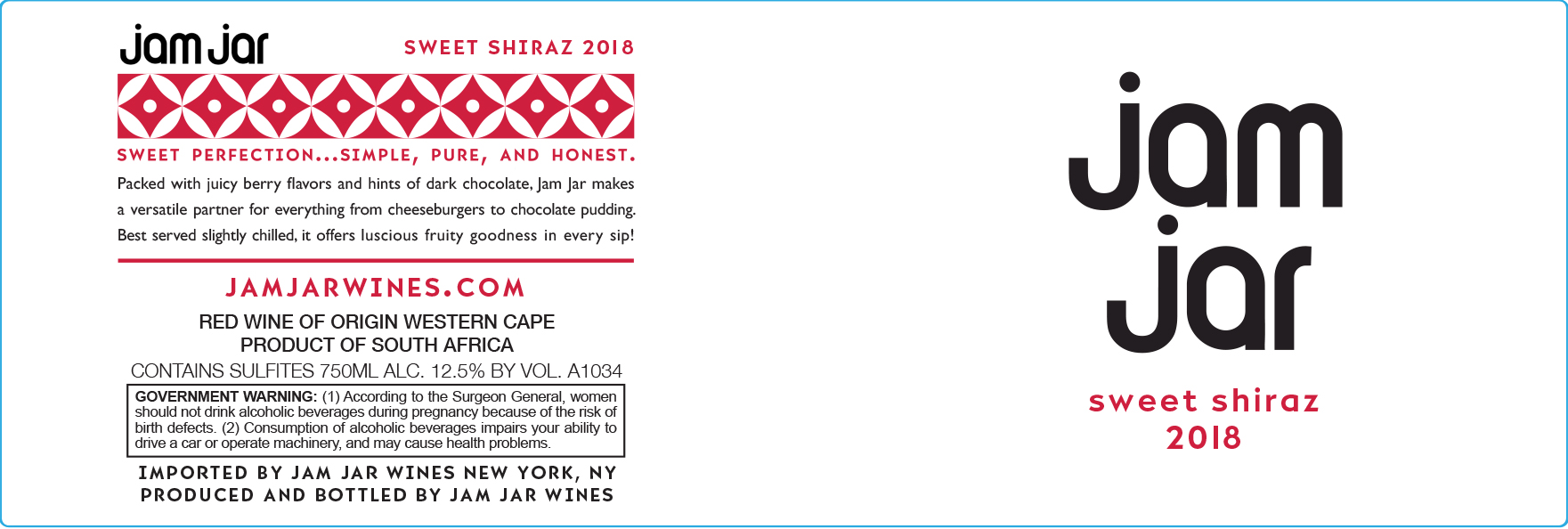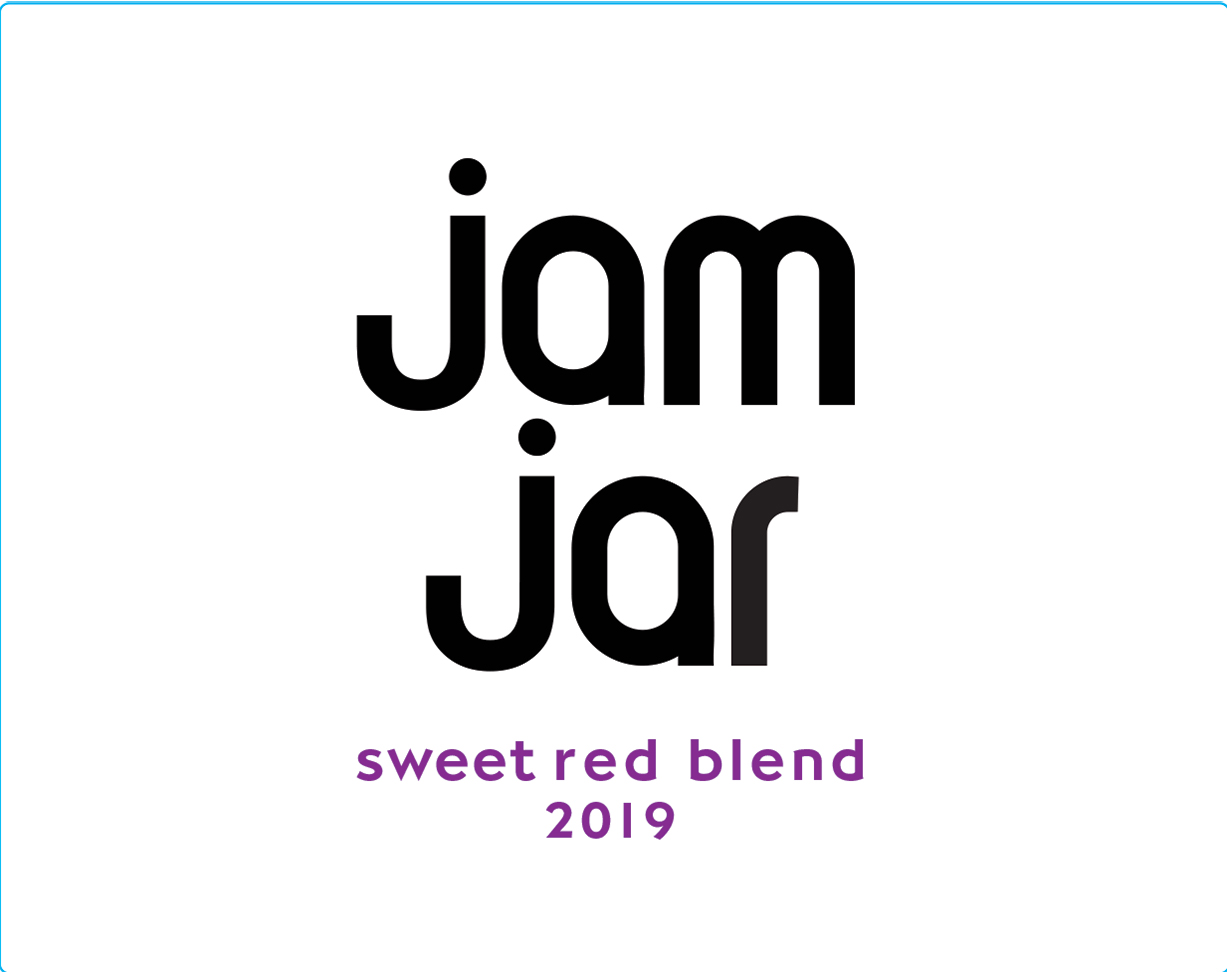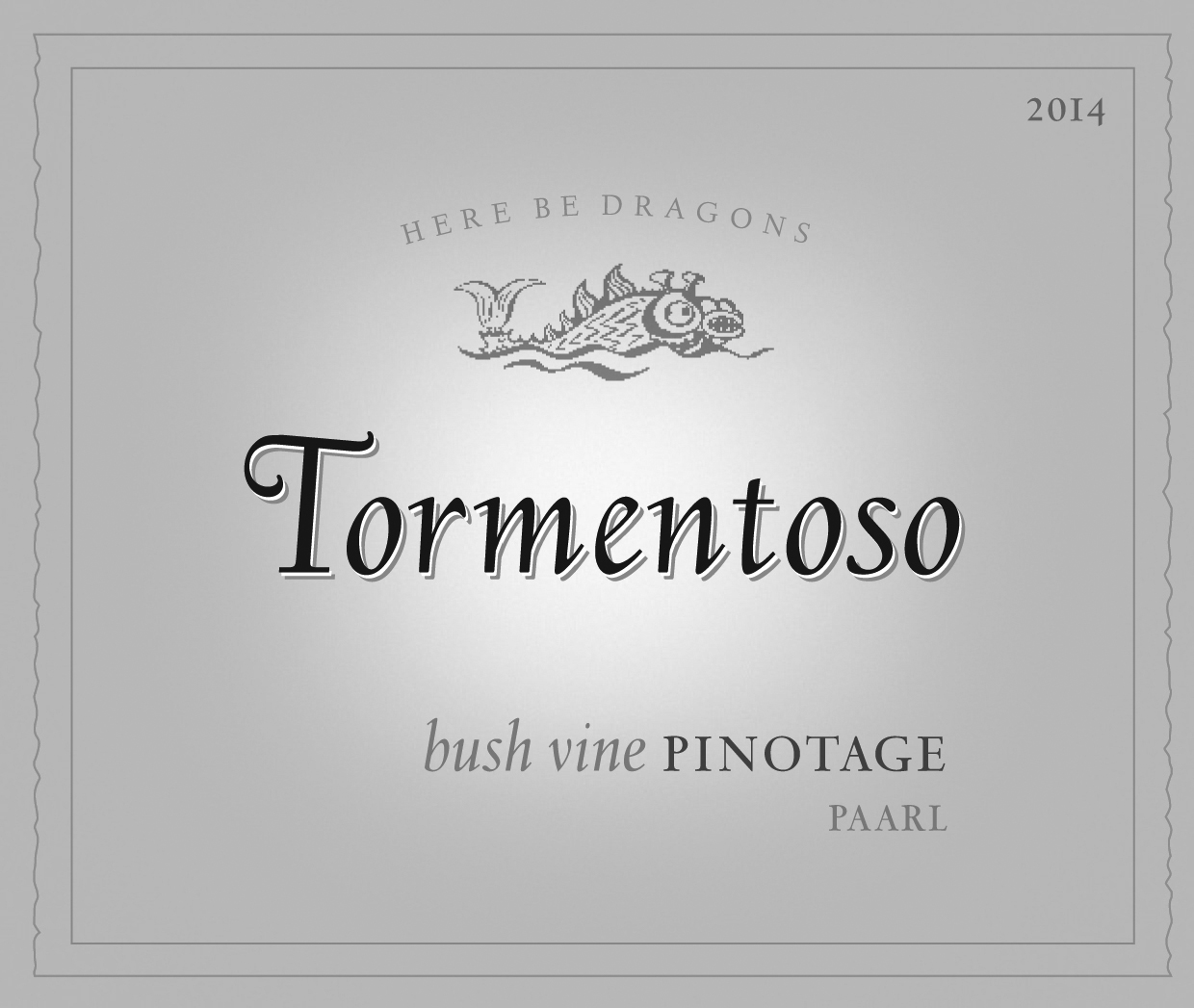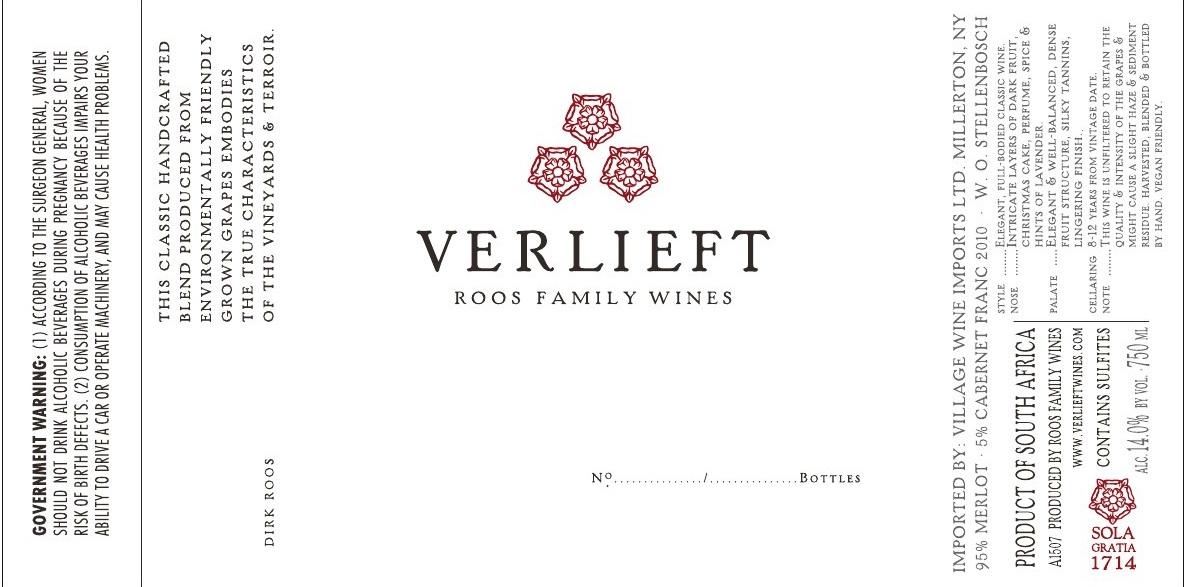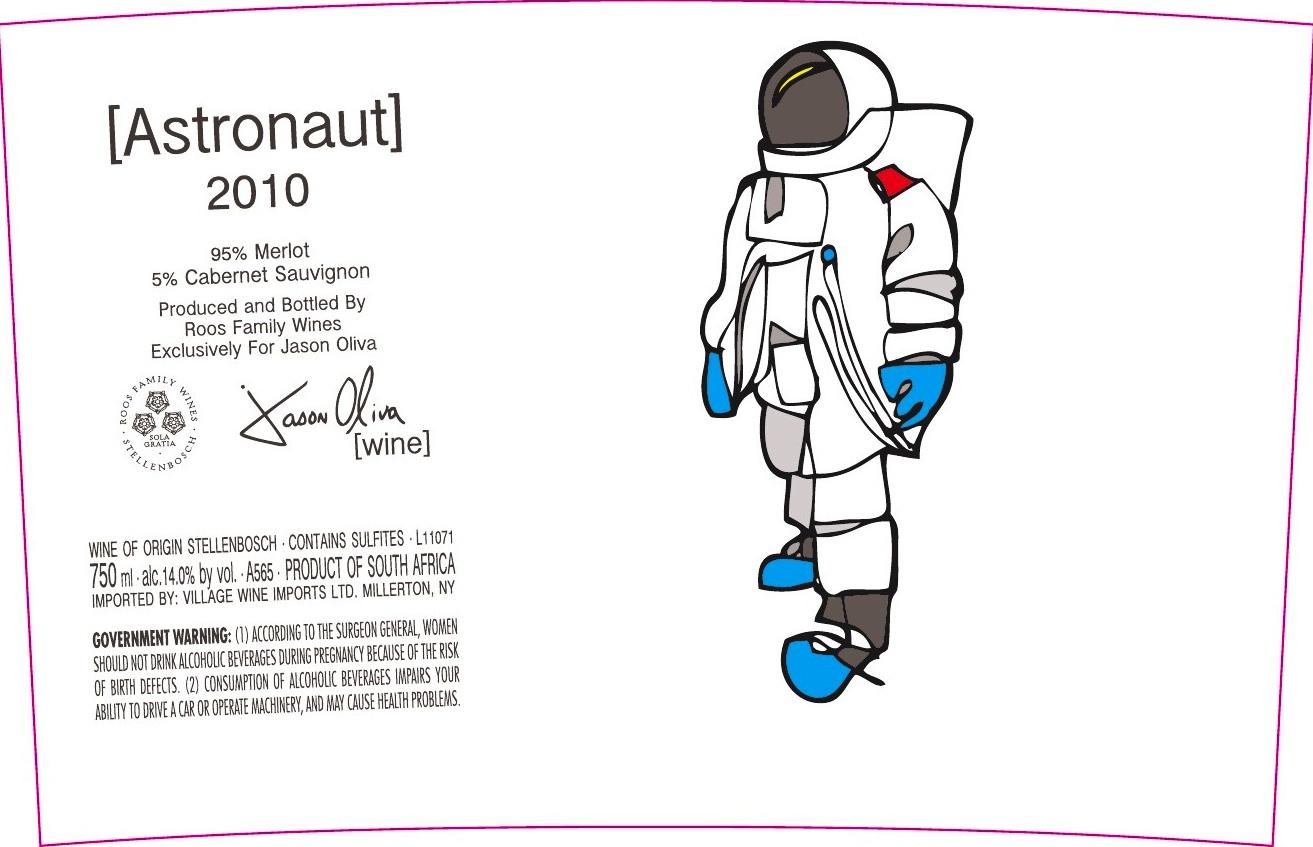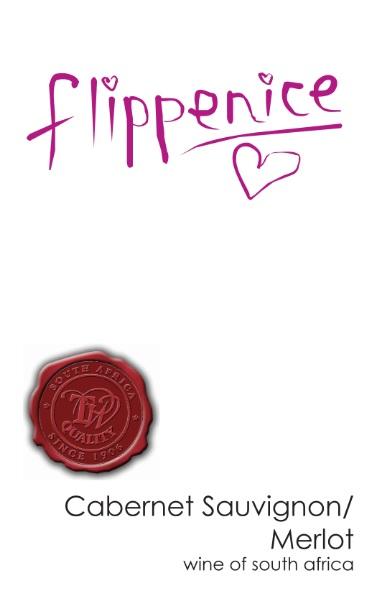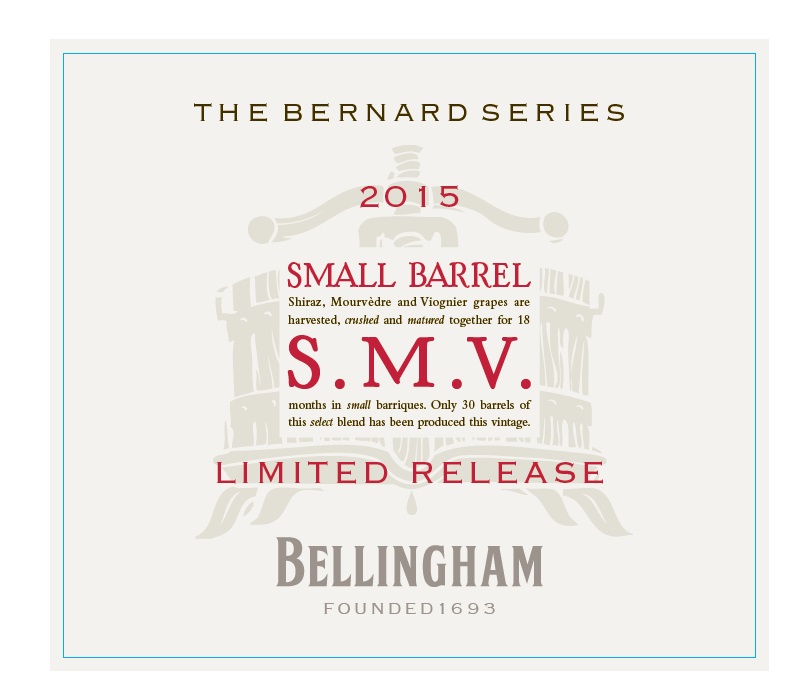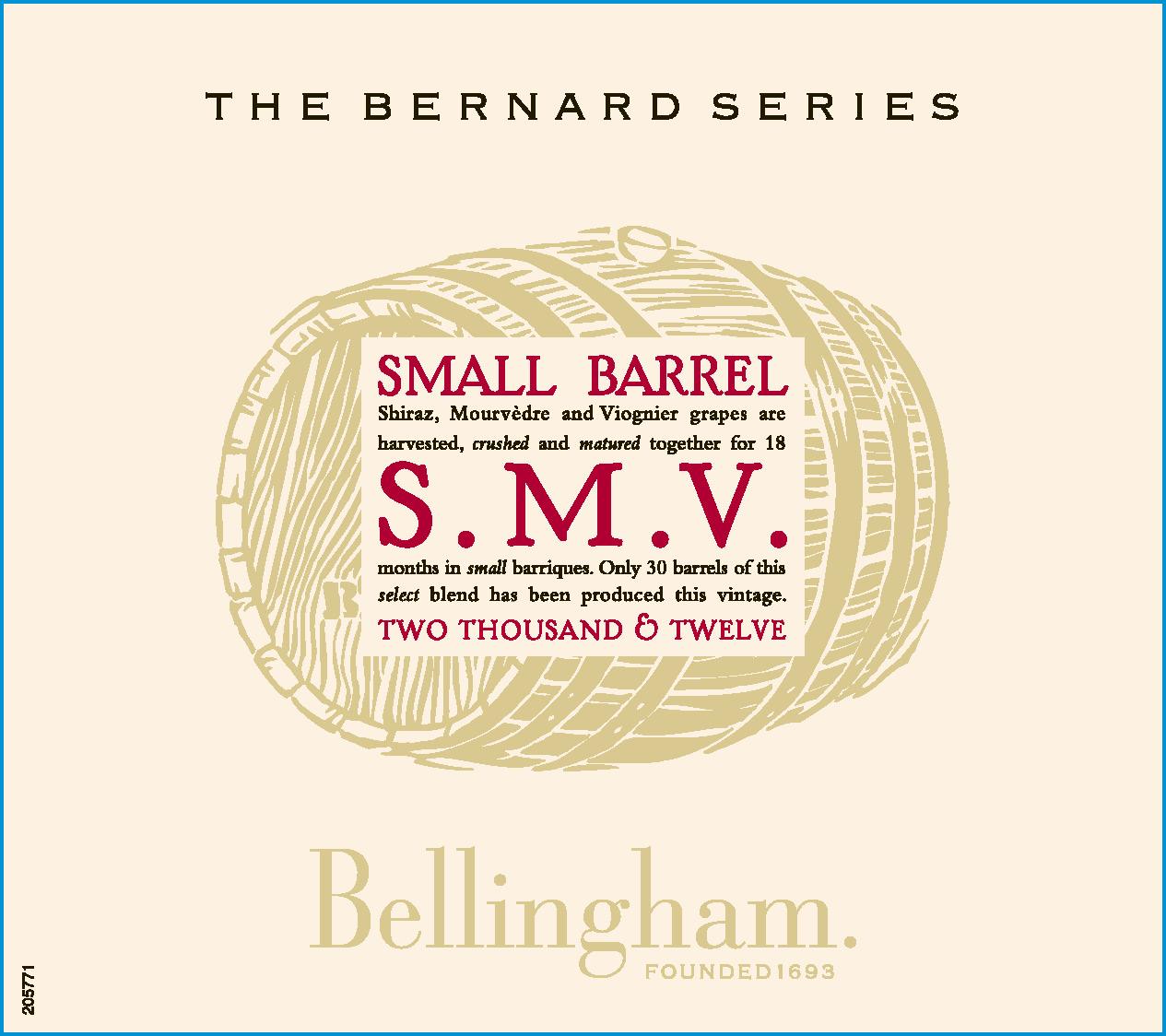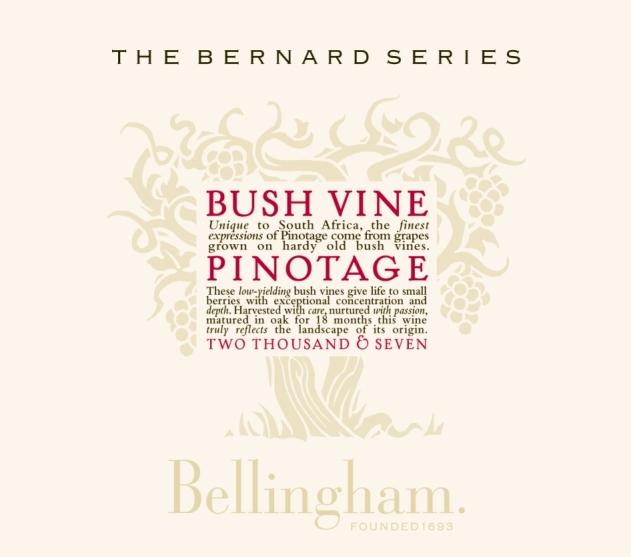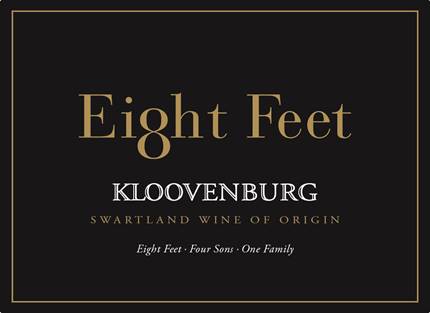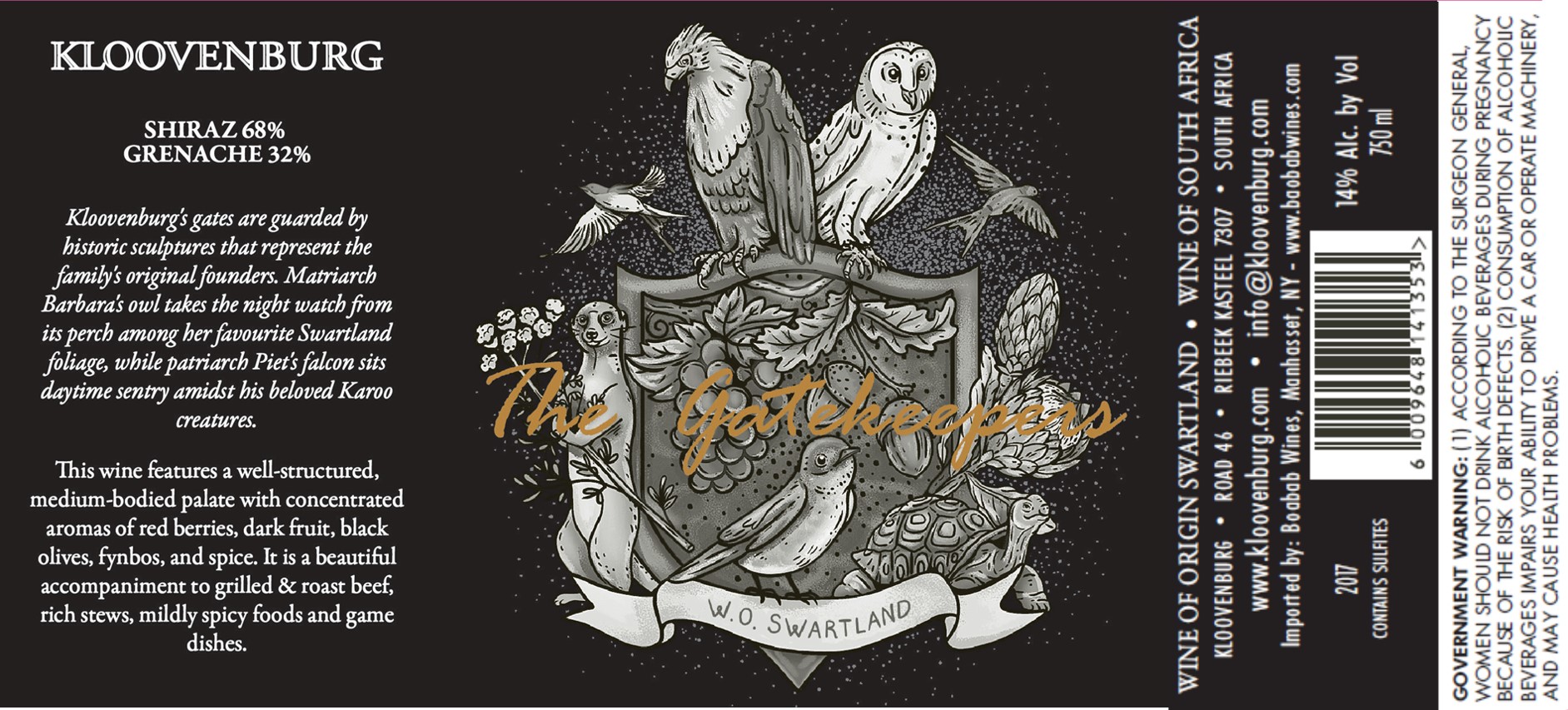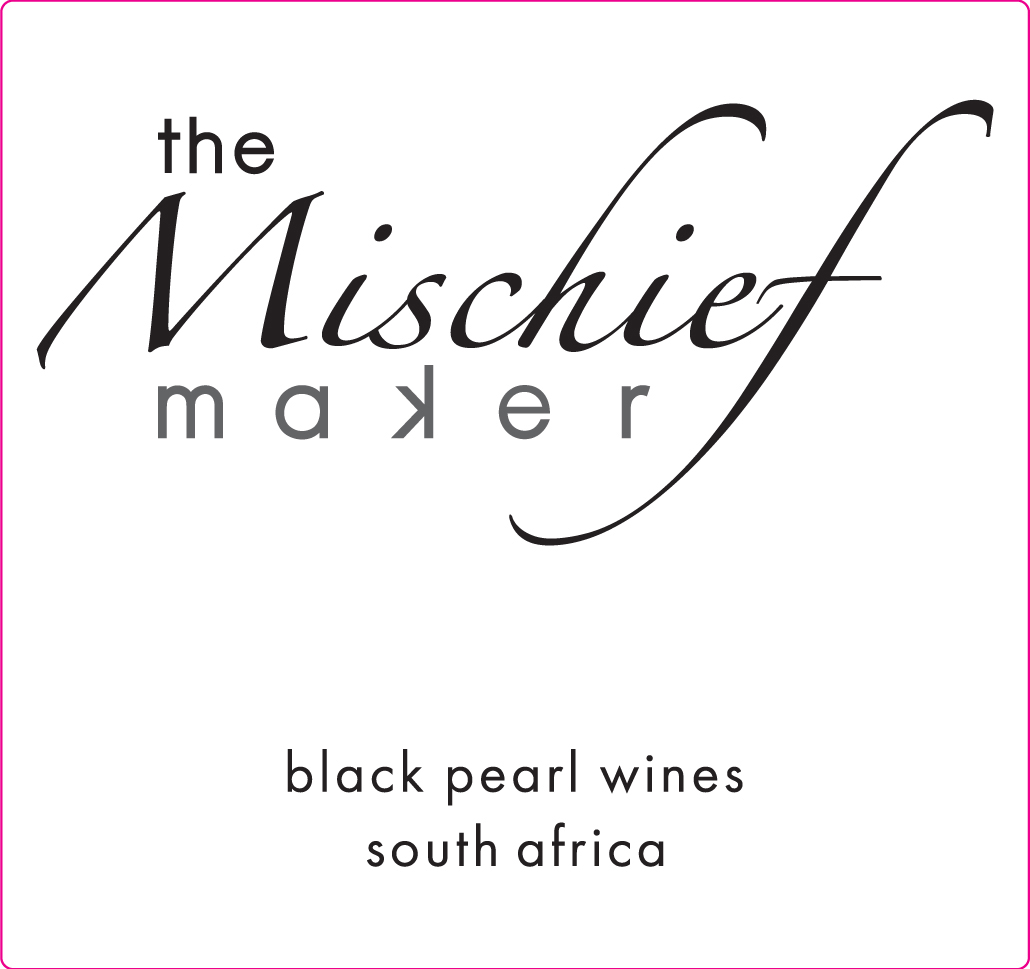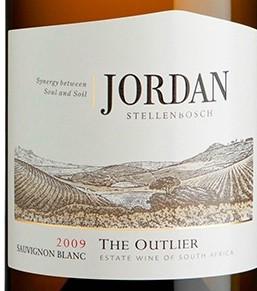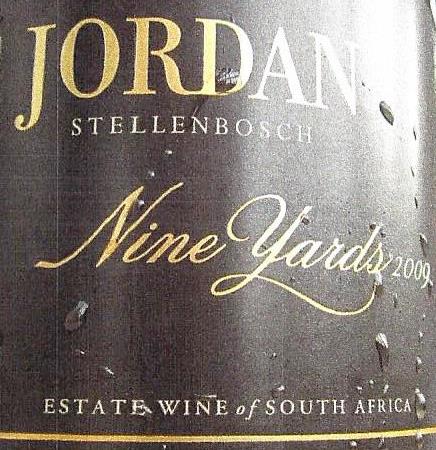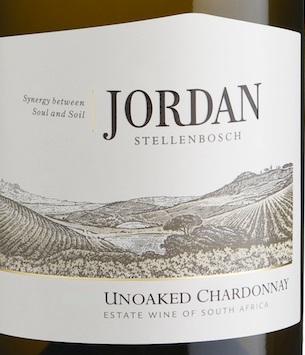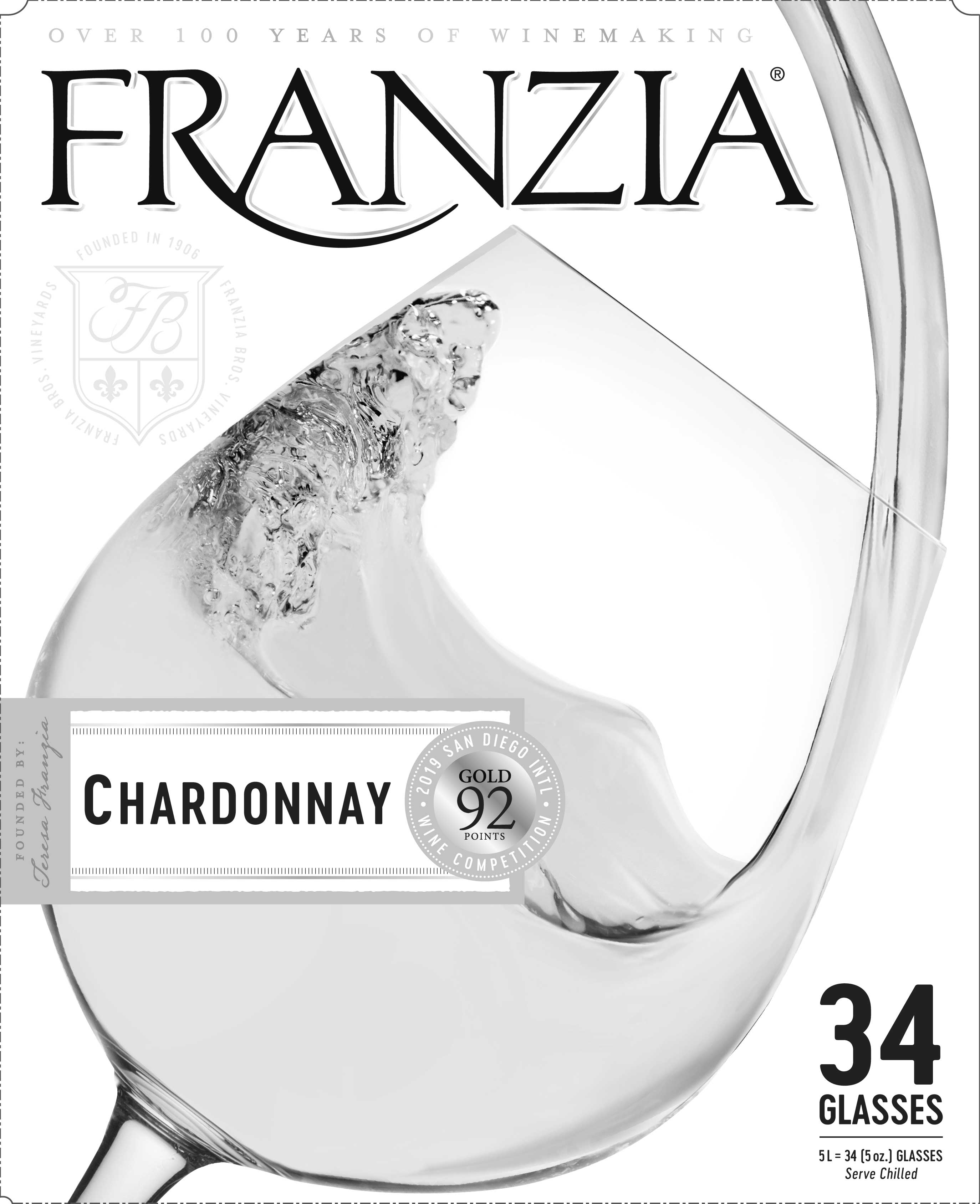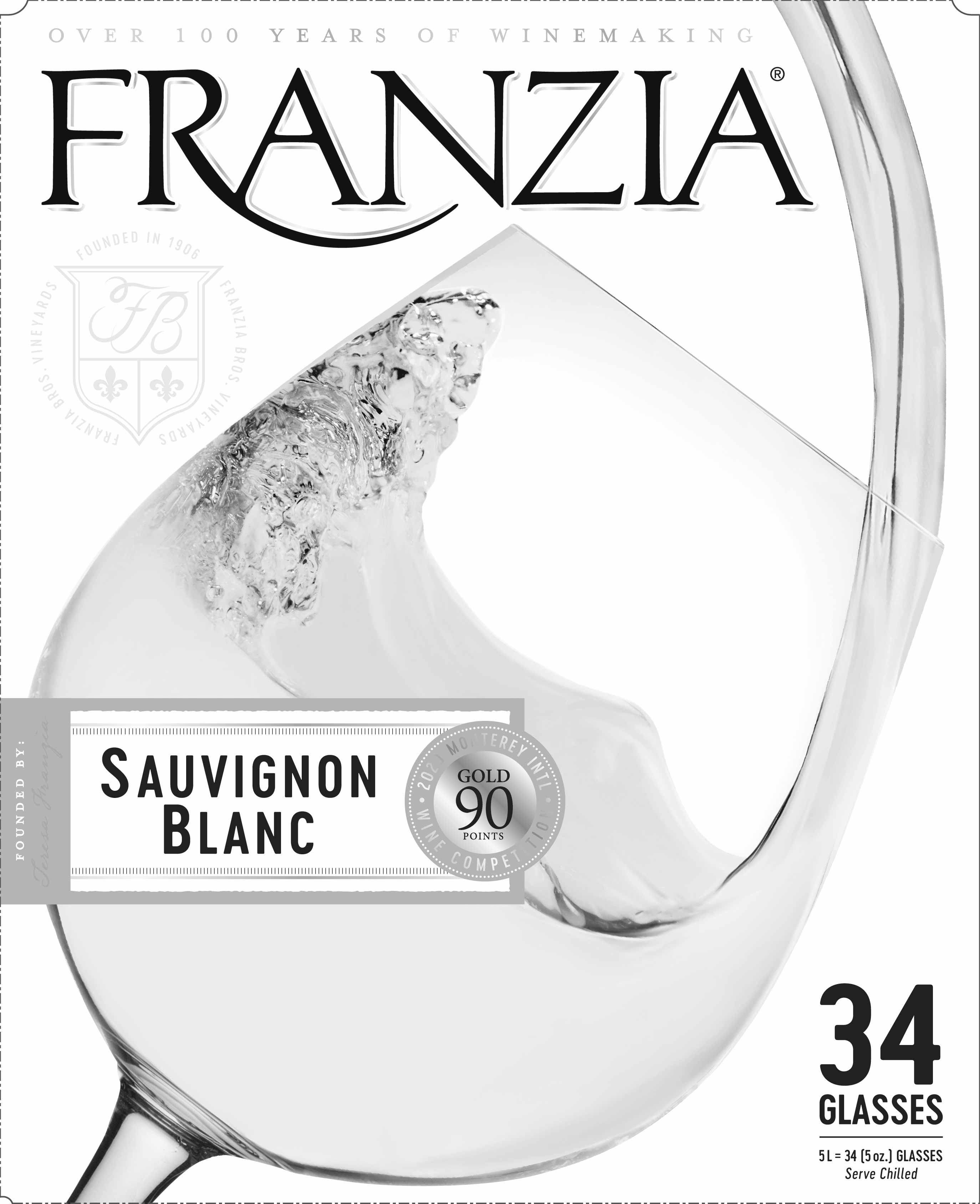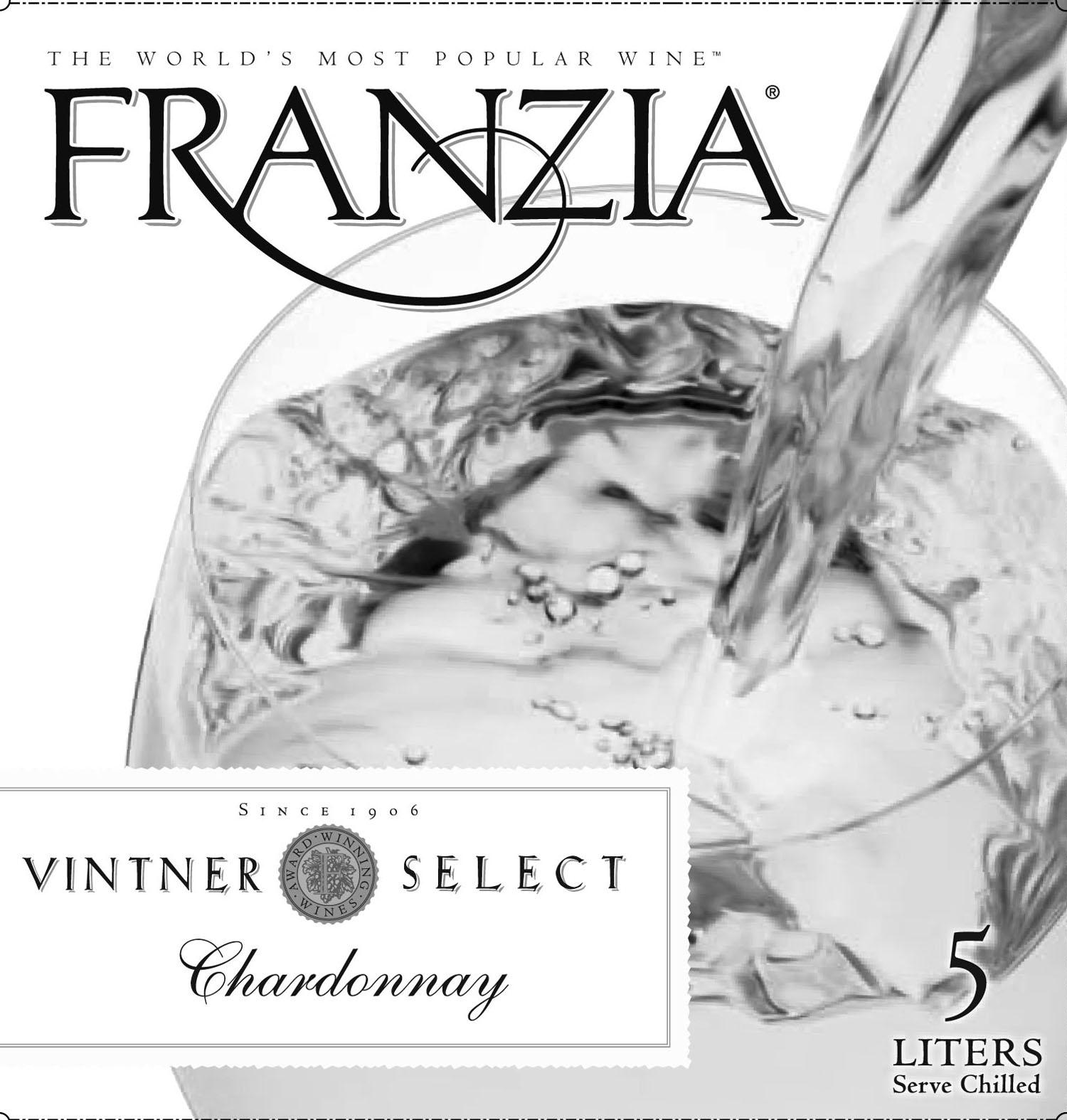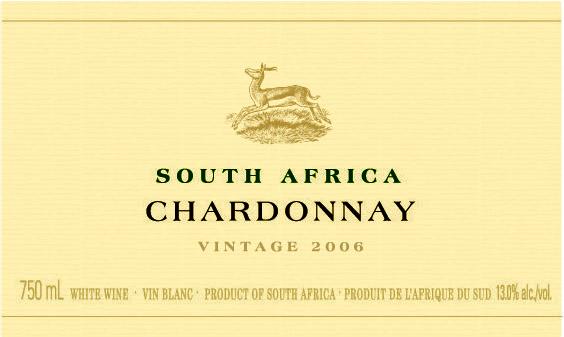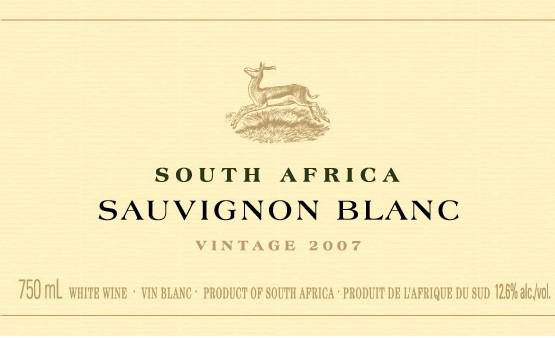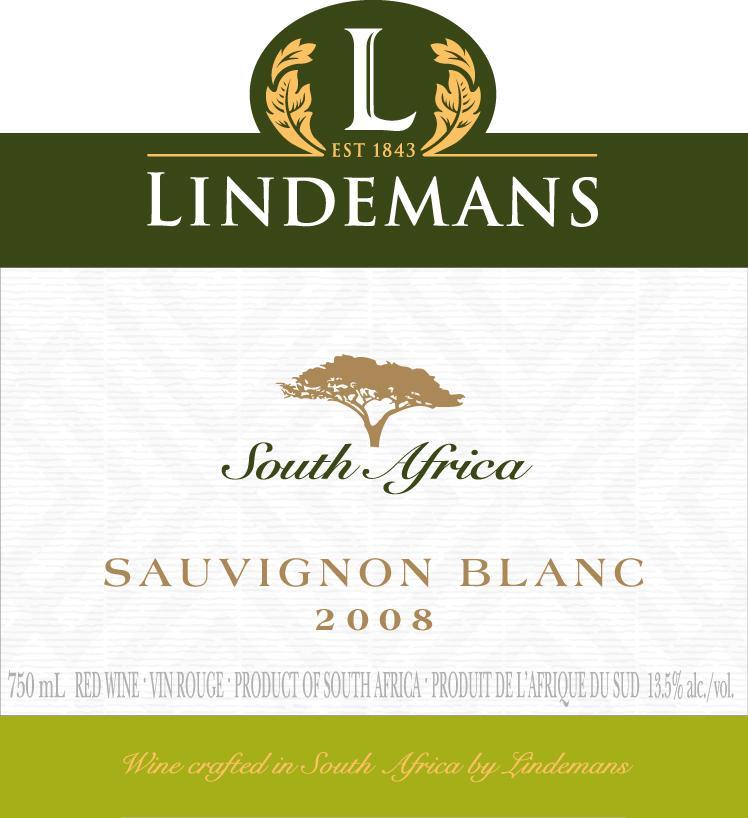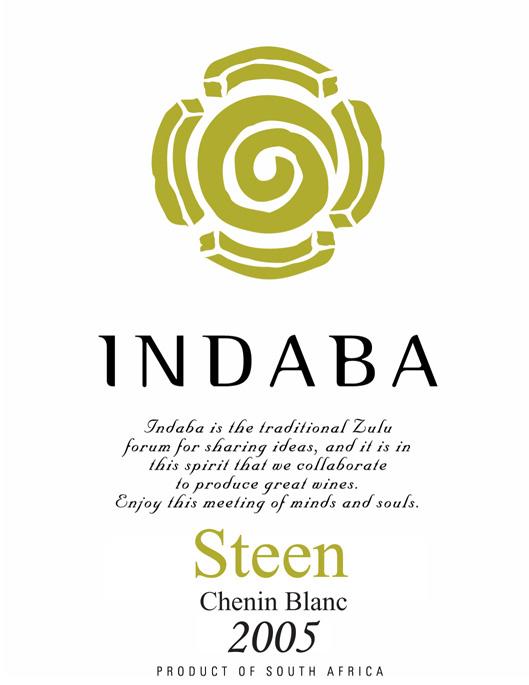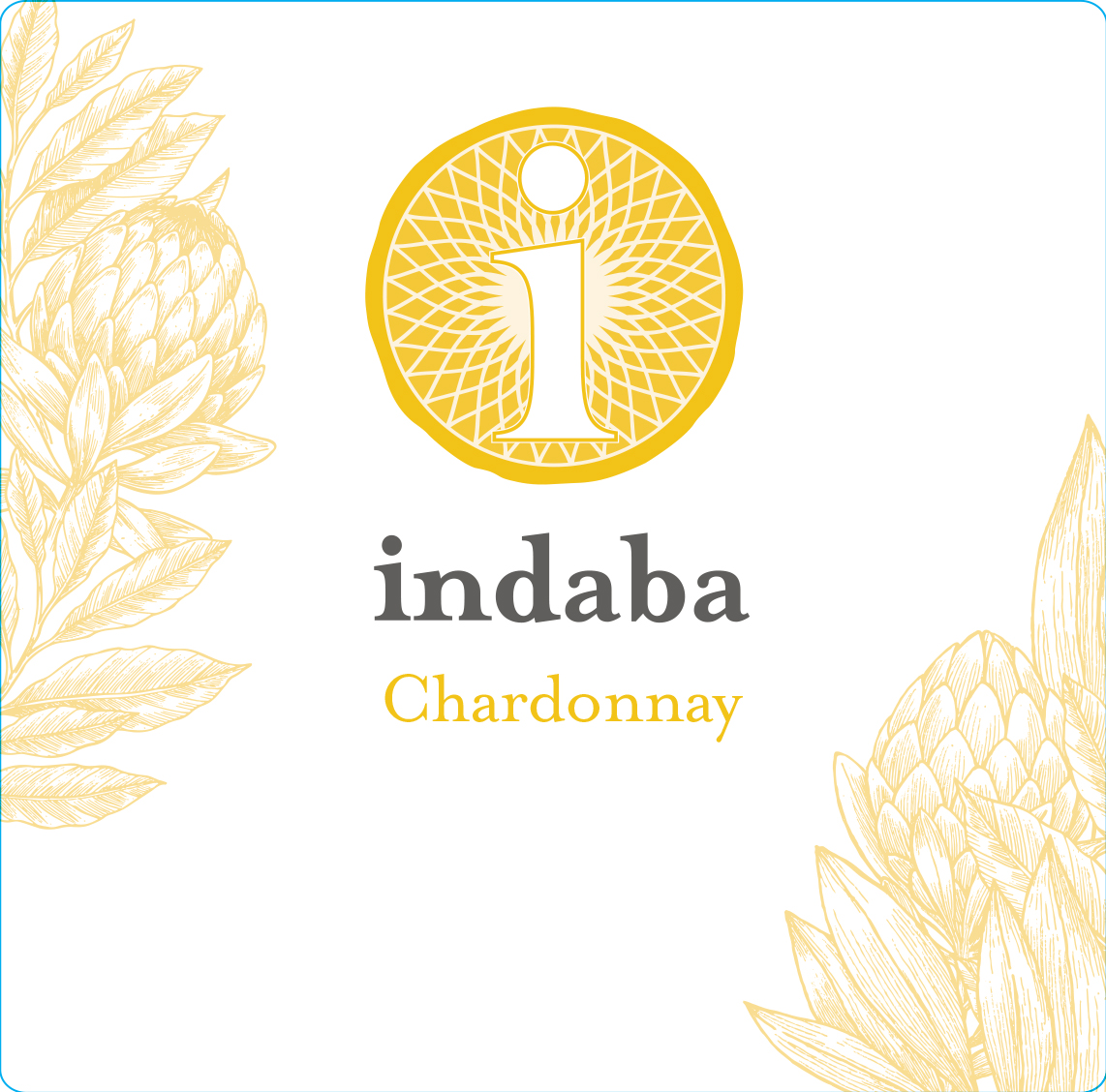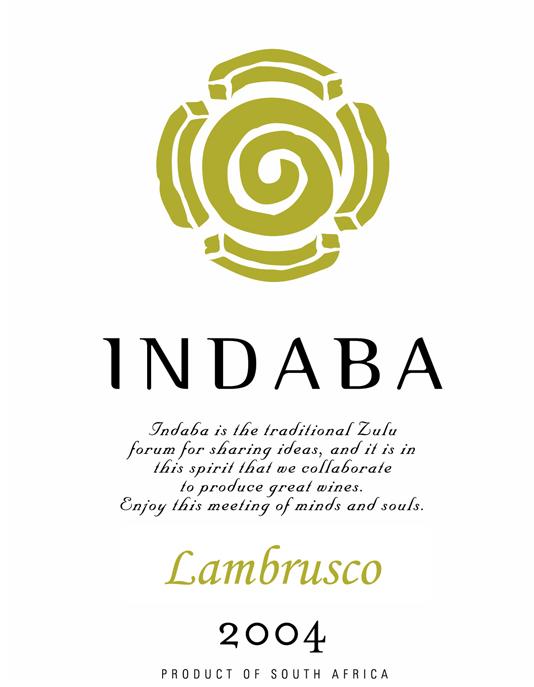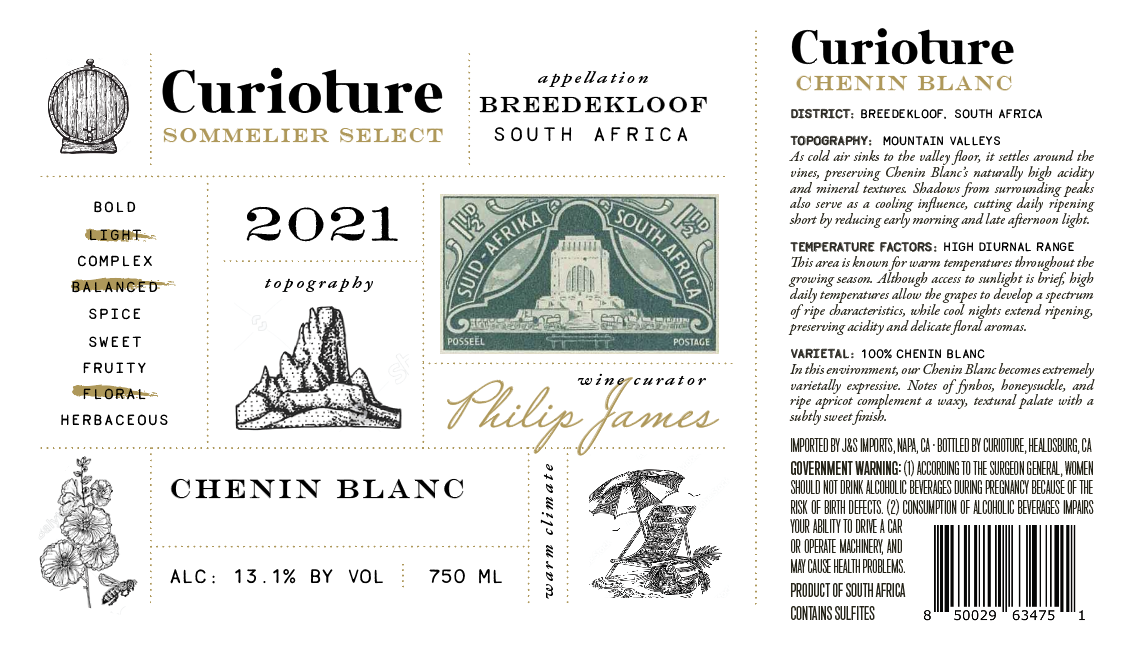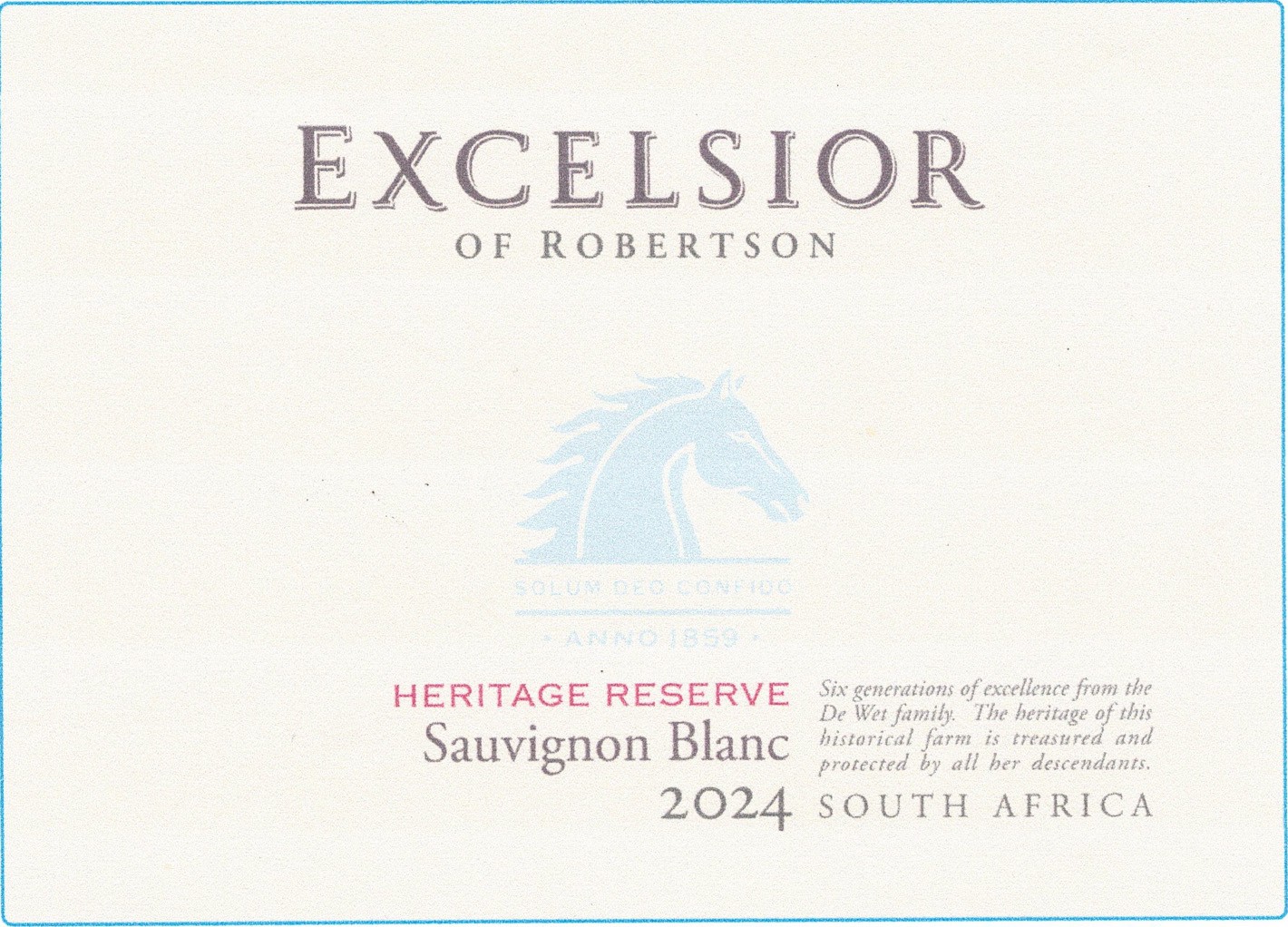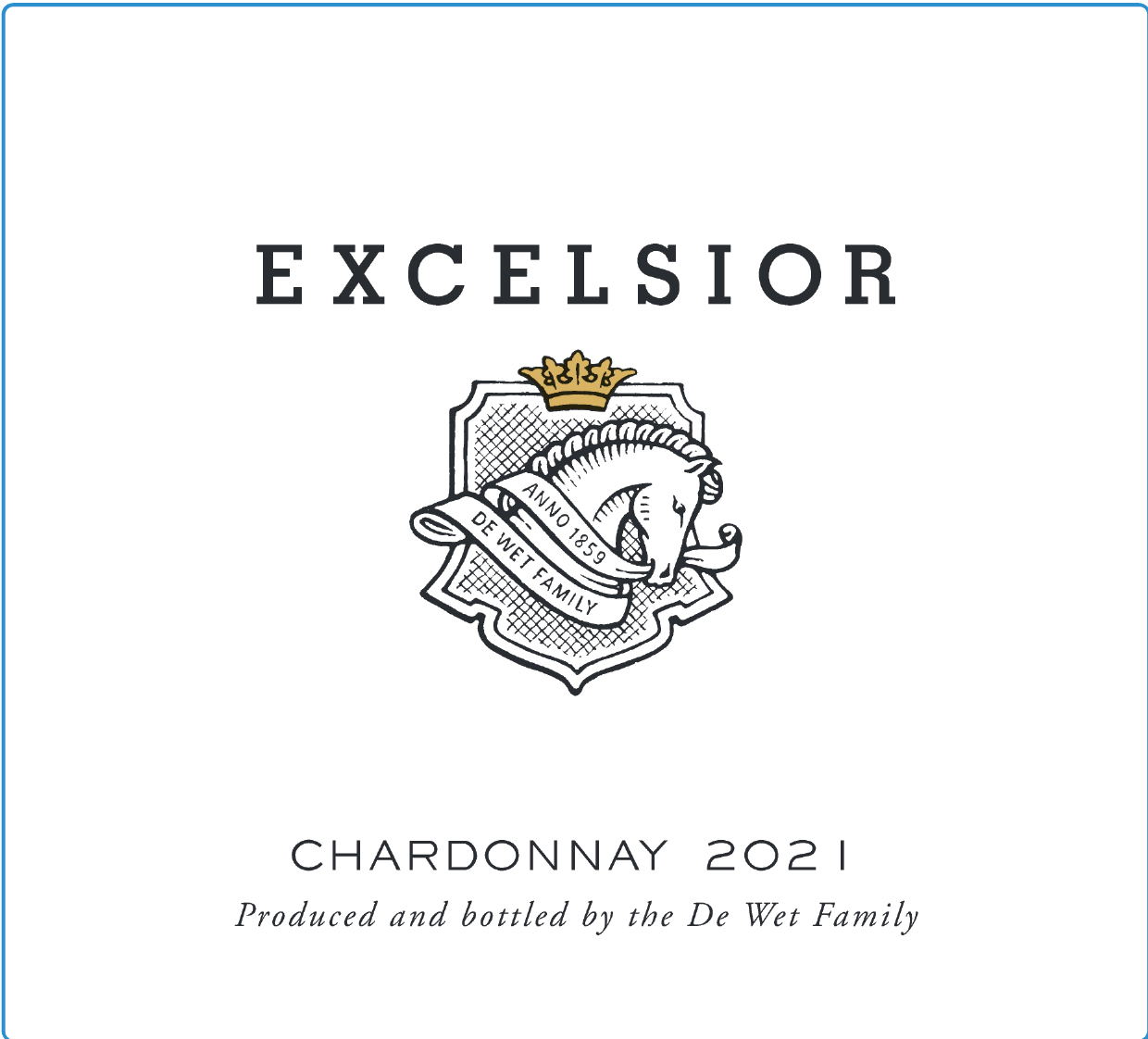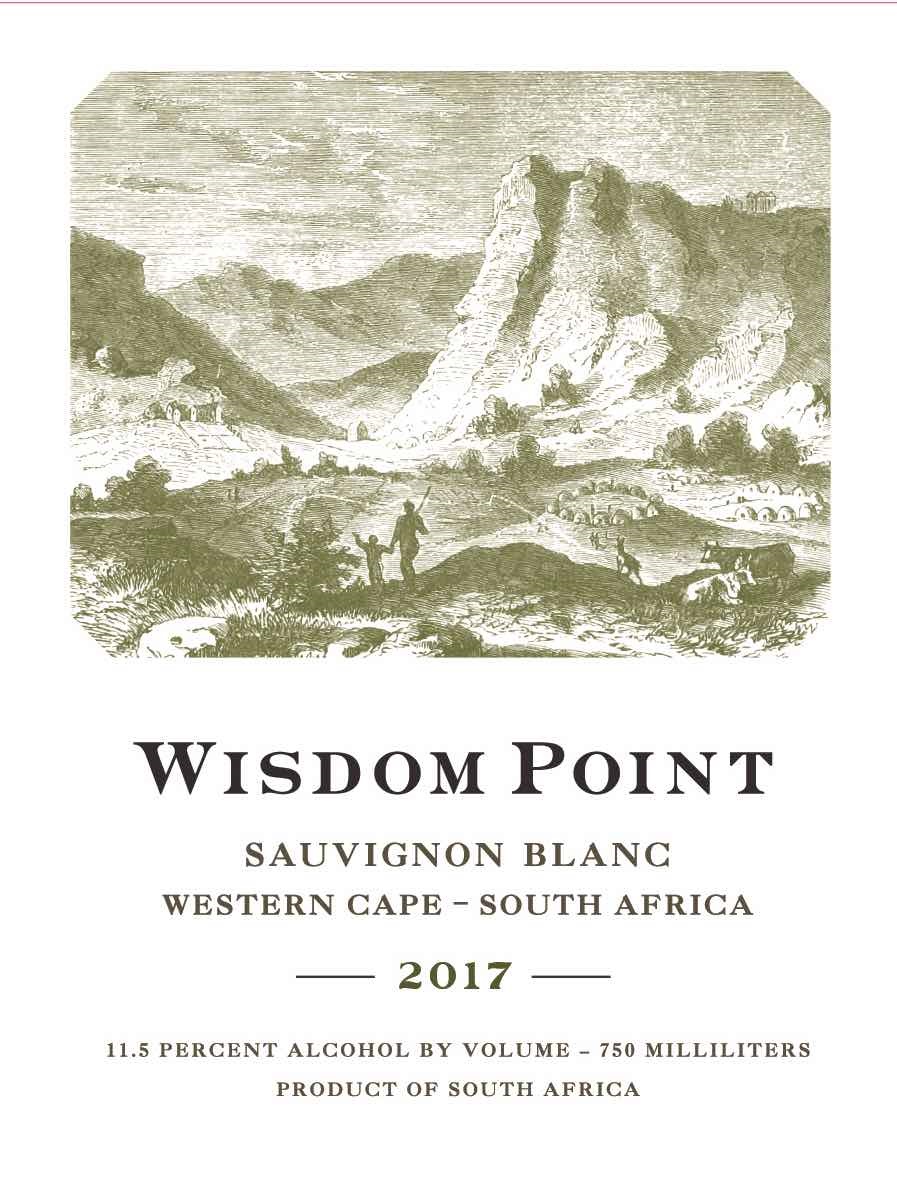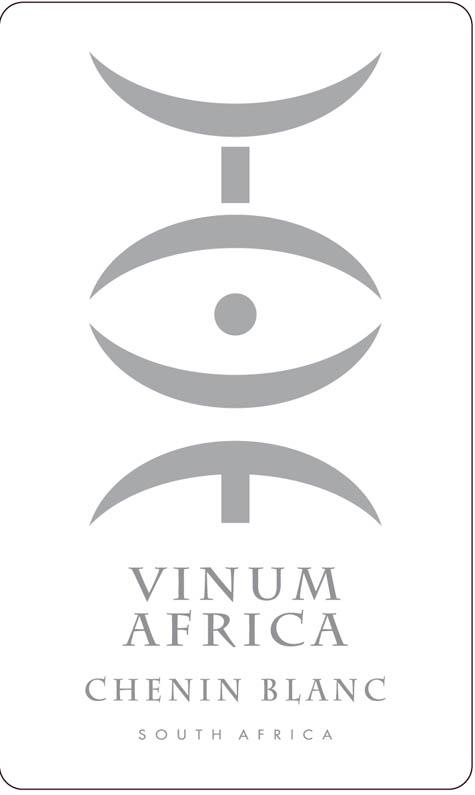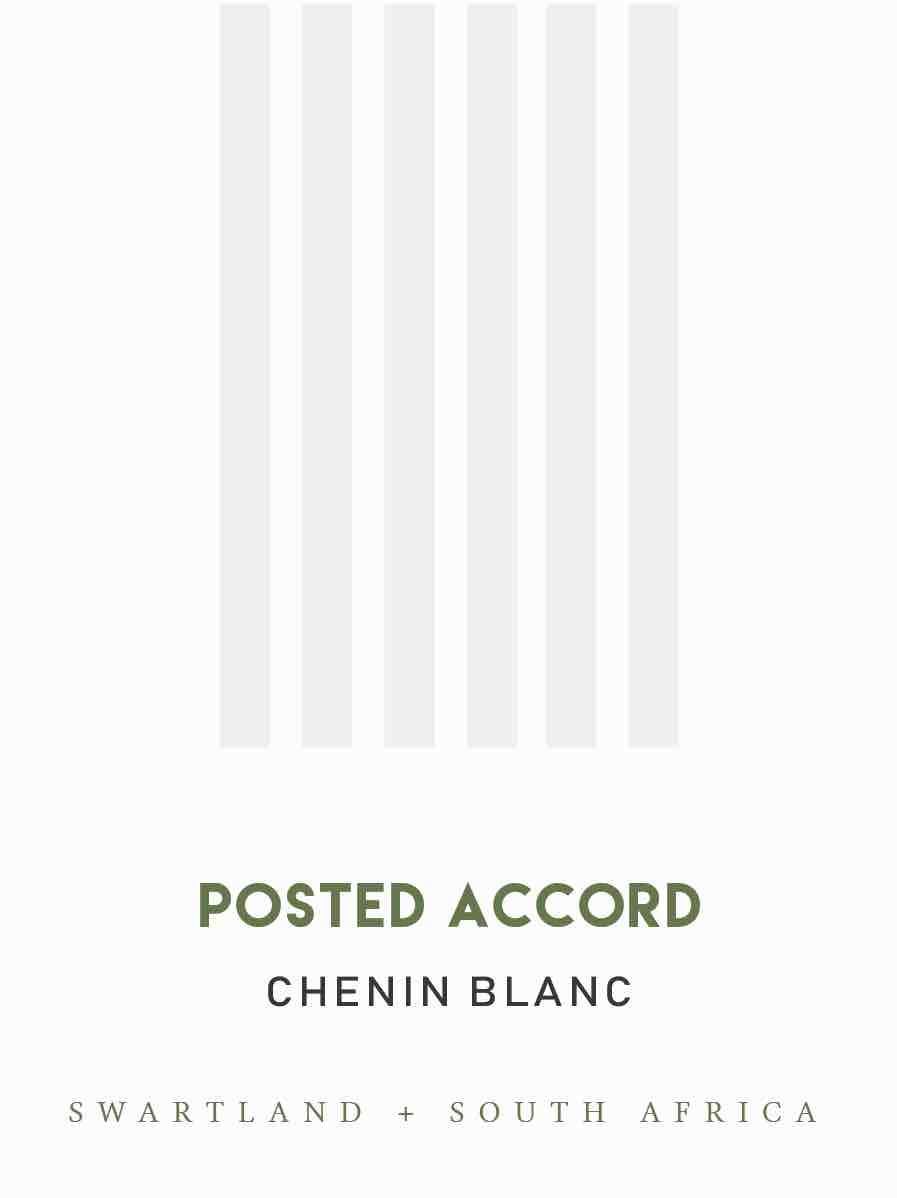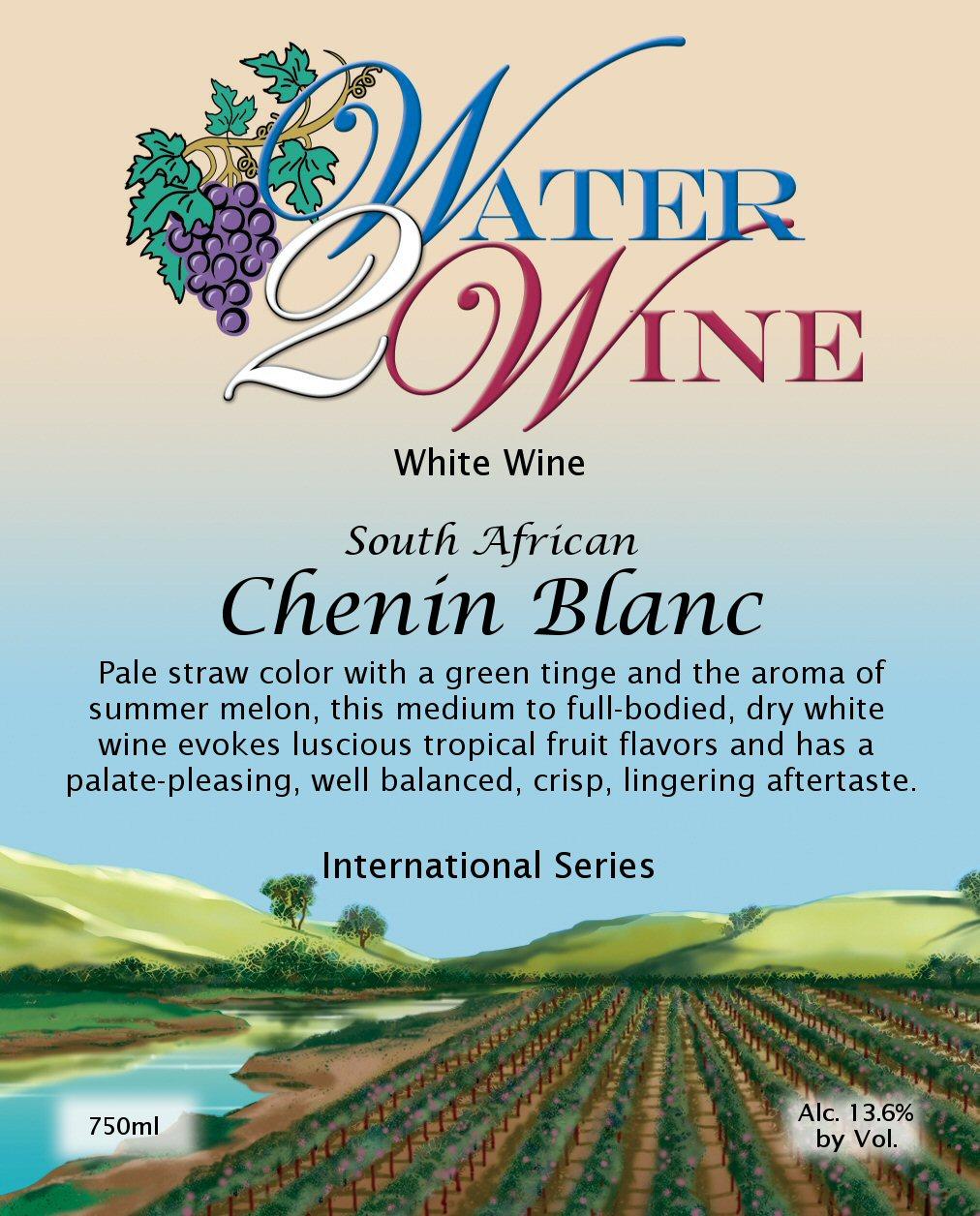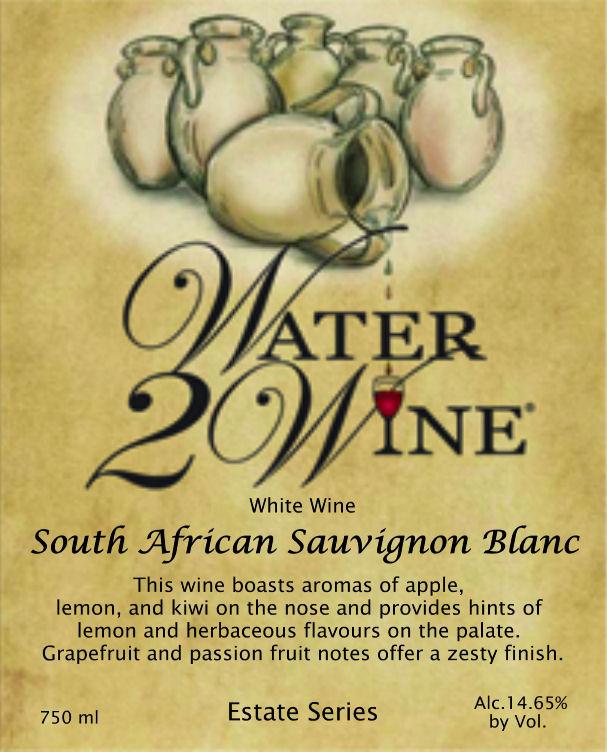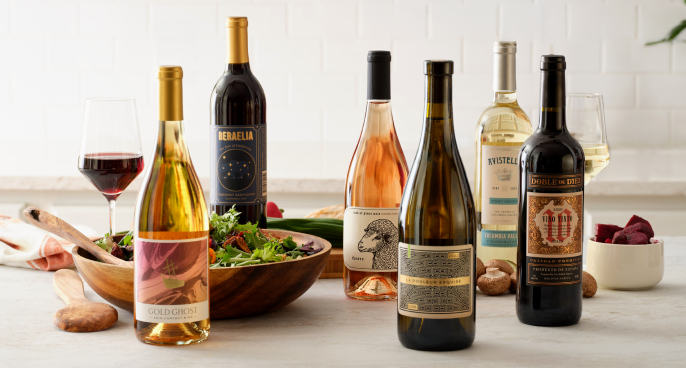South African Wine Regions
South Africa’s wine regions are defined by a remarkable interplay of climate, ocean currents, mountain ranges, and diverse soils, all of which shape the country’s signature wine styles. Each subregion offers something unique, from structured reds to vibrant whites, thanks to this intricate terroir. Key factors include:
-
Mediterranean climate: Warm, dry summers and cool, wet winters in the Western Cape.
-
Benguela Current: Chilly ocean breezes slow grape ripening, preserving acidity and freshness.
-
Cape Doctor wind: Keeps vineyards healthy and cool, though sometimes intense.
-
Mountain ranges: Create varied microclimates and rainfall patterns.
-
Diverse soils: Granite, shale, sandstone, alluvial, and limestone each impart distinct character and complexity to the wines.
Sustainability in South African Winemaking
Sustainability plays a central role in South African winemaking, building on the region’s unique geography and diverse grape varieties. Since 1998, the Integrated Production of Wine (IPW) program has guided most growers and producers toward eco-friendly practices in both vineyard and cellar. These efforts are visible in the certification seals found on many bottles, allowing consumers to trace the wine’s sustainable origins.
Beyond caring for the environment, the industry works to protect the Cape Floral Kingdom through conservation and the planting of indigenous species. Ethical labor standards are a priority as well, with organizations supporting fair treatment and community development throughout the supply chain. As global expectations rise, South Africa continues to lead, aiming for unified certifications that reflect environmental, social, and economic responsibility—preserving both the land and the people behind its vibrant wines.
Wine Tourism in South Africa
Building on South Africa’s commitment to sustainability and innovation, wine tourism has emerged as a dynamic extension of the country’s wine industry. Visitors can experience firsthand how responsible practices and diverse terroirs shape both the wines and the vibrant culture of the Cape winelands.
- Established wine routes in Stellenbosch and Franschhoek showcase both classic and contemporary wine styles.
- Many wineries offer tastings, restaurants, vineyard tours, and unique activities such as blending sessions or vineyard safaris.
- Inclusivity is prioritized, with sober tourism and family-friendly options available at estates like Creation Wines.
- Wine tourism attracts a wide range of guests, from seasoned enthusiasts to newcomers, helping the industry grow.
- International visitors, particularly from the UK, Germany, and the USA, play a key role in the sector’s resilience and global reputation.
History of South African Wine
South African wine traces its roots to 1655, when the first vines were planted at the Cape, setting the stage for a centuries-long journey of innovation and resilience. Over time, the region has evolved from early sweet Muscats beloved by European royalty to a modern industry celebrated for quality, diversity, and sustainability.
- 17th–18th centuries: French Huguenots brought vital expertise, and Constantia’s wines gained global fame.
- Late 1800s: Diseases like phylloxera and export challenges disrupted growth.
- 20th century: KWV regulated production, focusing on quantity over quality; apartheid era isolated the industry.
- Since 1994: Democracy, deregulation, and sustainability initiatives have sparked a renaissance, with a focus on terroir-driven wines and responsible practices.

